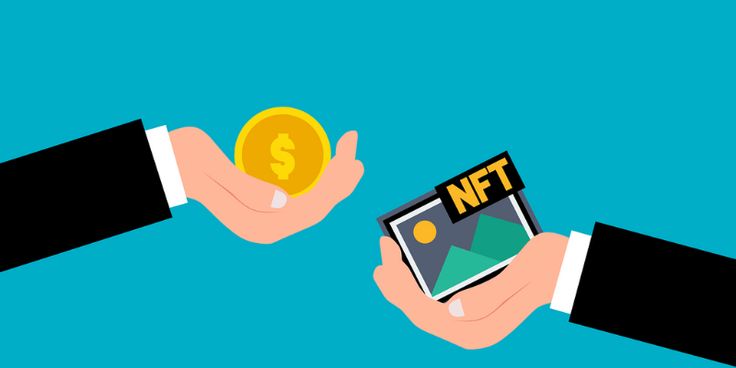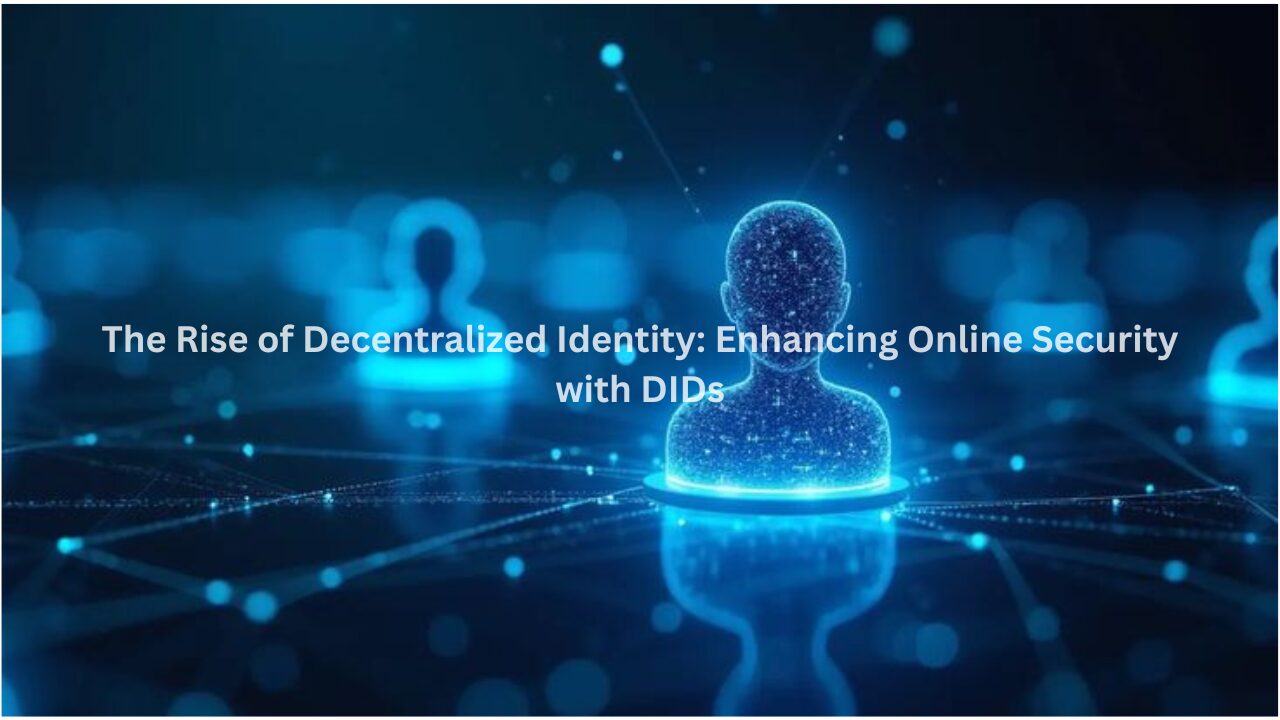Before now, investing in things like commercial real estate, fine art, or private equity was mostly for the rich and big institutions. The high entry cost, complex rules, and limited access made it hard for everyday people to get involved. However, something known as asset tokenization is poised to transform all this.
By using blockchain technology, it digitizes real-world assets into tokens that can be purchased in small portions, thus fractionalizing ownership. One does not need to have millions to invest, and the barrier to entry is lowered significantly.
In this article, we’ll highlight the work that tokenization has already accomplished and provide real-world examples alongside data on how it is changing investing beyond just the upper-class privileged circles.
Understanding Asset Tokenization
Asset tokenization is simply turning real-world assets like real estate, private company shares, or bonds into digital tokens on a blockchain. These tokens represent small pieces of the actual asset, so instead of needing a huge sum to invest, you can now buy just a fraction.
This provides lower, easier barriers of entry for the average citizen to dip into investing. Blockchain safeguards the information while smart contracts take care of executing the processes without the need for intermediaries.
Tokenization has already been successfully used in real estate, private equity, and bonds proving the capability of modern tech to break down the long-standing barriers that exclude most investors from opportunities they should have access to.
The Rise of Tokenized Assets: Market Data and Projections
The process of tokenizing an asset is predicted to make a radical change to the financial world. A partnership report from the Boston Consulting Group and ADDX forecasts a staggering 50-fold increase in the tokenized asset market by 2030, estimating it will reach $16.1 trillion, or roughly 10% of the global GDP. This serves as a glimpse into the massive effect tokenization can bring to the economy.
On the other hand, McKinsey & Company offers a more conservative estimate, projecting a market value of $2 trillion, with a range from $1 trillion to $4 trillion, depending on how widely it’s adopted.
Private equity, real estate, mutual funds, and bonds are expected to be major areas of growth, opening up investment opportunities and improving market liquidity.
How Tokenization Enhances Investment Inclusivity
Tokenization is changing the investment world by making it easier for more people to invest in different asset classes. Using blockchain breaks down barriers and offers key benefits like:
Lower Barriers to Entry
In tokenization, fractional ownership is offered as high-value assets are converted into digital tokens on a blockchain. As a result, the minimum investment required to capture portions of assets is significantly lowered.
For instance, platforms like Estate Protocol and RealT offer entry points as low as $50, while others like Homebase set minimums at $100. Widespread acceptance of such low minimums enables more people to access previously inaccessible markets, allowing non-institutional investors access to sophisticated investment opportunities and market strategies.
Increased Liquidity
Tokenized assets can be bought and sold on the secondary markets, which provides liquidity to assets that traditionally lack liquidity.
Blockchain tech allows the creation of decentralized platforms where tokenized real-world assets (RWAs) can be bought and sold, enhancing market efficiency and enabling investors to enter or exit positions with greater ease.
These illiquid assets include private equity, real estate, and other alternative investments that are difficult to trade, causing a lack of liquidity to draw off value from them.
For example, investors can buy and sell real-estate tokens at any time through Vave making it possible for decentralized exchanges to have real estate trade 24/7.
Greater Transparency and Efficiency
In tokenizing assets, the transparency and efficiency of transactions are ensured using Blockchain’s unchanging ledger. Ownership and transactions related to assets can easily be verified as each transaction is logged in a decentralized ledger.
Increased trust from investors comes from reduced chances of fraud. Also, as described before, automation via smart contracts reduces workflow bottlenecks including settlement and compliance in required middlemen, decreasing the cost of transactions.
For example, in the case of RealT which uses smart contracts for the automated payment of rental income to token holders which in turn guarantees timely and transparent payments.
Real-World Applications and Case Studies
From private equity to public bonds, tokenization fills in the gaps in wealth accessibility through blockchain-based fractional ownership. Case studies reveal how smart contracts and decentralized platforms democratize high-value assets, reshaping markets for inclusivity.
Private Equity: Hamilton Lane’s Tokenized Funds
Hamilton Lane, the large private markets investment firm, is putting together a plan to take private equity to the mass market via tokenization of their funds on the Polygon blockchain which in turn is to lower the bar of entry for the average investor.
For example, Equity Opportunities Fund V, once limited to a $5 million minimum, now welcomes investors with just $20,000. Similarly, its SCOPE fund which had a $2 million min has gone down to $10,000 which also comes with features like monthly subscriptions and easy redemptions.
By turning over the traditional private equity funds into digital tokens Hamilton Lane is showing how blockchain technology can open doors to investment opportunities once reserved for the ultra-wealthy.
Real Estate: Enhancing Liquidity and Reducing
Tokenization is changing how people invest in real estate by making it easier, cheaper, and more flexible.
Platforms such as RealT and Vave allow you to buy into small pieces of rental properties at times for as low as $50. Instead of needing a huge upfront payment, you can now co-own property and earn rental income.
These digital shares can also be traded on secondary markets, meaning you’re not locked in like with traditional real estate. Plus, since blockchain automates most of the admin work, things like paperwork and middlemen are reduced. It’s real estate investing made simpler, faster, and more accessible for everyone.
Government Bonds: Hong Kong’s $750 Million Digital Bond
In February 2023, Hong Kong made headlines by issuing a $750 million digital green bond using HSBC’s Orion blockchain platform. This marked the world’s first tokenized government green bond, a major step into the future of finance.
By using blockchain, the settlement time was cut from five days to just one, showcasing how much faster and more efficient digital finance can be. It wasn’t just about speed; this move also highlighted how governments can adopt cutting-edge tech to modernize public finance. For investors, it’s a powerful signal that blockchain isn’t just for crypto, it’s reshaping the core of global finance.
Challenges and Considerations in Asset Tokenization
Tokenization’s journey to bringing finance to the masses is not seamless, Complex barriers, from systemic roadblocks to trust gaps, threaten scalability. Overcoming these hurdles is vital for bridging innovation with mainstream acceptance.
Regulatory Uncertainty
One of the biggest hurdles to asset tokenization is the lack of clear, unified regulations across countries. Each jurisdiction has its own rules on how tokenized assets are classified, issued, and traded, creating a legal maze for investors and platforms alike. This confusion makes compliance difficult and slows down global adoption.
Without regulatory clarity, it’s tough for tokenized assets to scale across borders and gain mainstream traction. Solving this will be key to unlocking the full potential of the space.
Security Concerns
Security is a major concern in the tokenization ecosystem, especially when it comes to smart contracts and digital asset custody. These contracts, which automate actions on the blockchain, are only as secure as their code.
If there’s a bug or loophole, hackers can strike, just like the $320 million Wormhole hack in 2022. Such incidents highlight the urgent need for stronger code audits and better security infrastructure to protect investors and ensure trust in the system.
Market Adoption
While asset tokenization is gaining attention, many investors still don’t fully understand it. A recent EY survey found that although 57% are interested in tokenized assets, a large portion want more information before diving in.
This knowledge gap is slowing down adoption. Educating investors through clear, accessible content is crucial to building trust and confidence. The more people understand the real benefits, like liquidity, transparency, and access, the faster this space will grow and evolve.
The Future of Inclusive Investing Through Tokenization
The future of inclusive investing through tokenization is rapidly evolving, offering retail investors access to asset classes once reserved for the wealthy.
Platforms like RealT and Vave allow investments in real estate for as little as $10, democratizing ownership. Traditional financial institutions, including JPMorgan and Apollo, are also embracing tokenization, integrating blockchain into wealth management.






